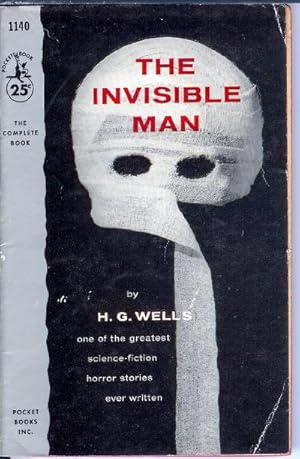

Whannell’s reinvention of HG Wells’s text uses this heightened awareness of how toxic men try to control and emotionally manipulate women in a similar, if less effective, way to Ari Aster’s Midsommar did last year. Gaslighting has been a practice in film since well, 1940’s Gaslight, but it’s a word that’s only become more commonly used in the wider world in the last three years, following on from a compulsive gaslight-er moving into the White House. It’s the familiar tale of a hero trying to convince those around that something dastardly yet unexplainable is afoot and while formulaic, there’s a timeliness to its portrait of an abused woman fighting for the right to be believed. Cecilia fears for her safety but when she finds out Adrian has killed himself, she fears something far worse: that he’s not dead and has found a way to make himself invisible.Įxisting under the same Blumhouse banner that’s housed everything from Happy Death Day to Sinister to Truth or Dare, The Invisible Man is pitched as a classier alternative, shot and structured more like a glossy early 90s thriller complete with a handsome San Francisco setting and a heavily stringed Hitchcockian score. She makes it out, just, and hides herself away with cop friend James (Clemency’s underrated Aldis Hodge) and his daughter Sydney (Storm Reid).

It’s an ingenious way to utilise a widely known character while keeping risk at a minimum (the film will make its budget back and then some in its opening weekend alone) and also to give an old property a fresh feel, showcased quite perfectly in arguably the most effective trailer for the last six months.įor the first 15 minutes, you’d be forgiven for thinking you’re watching a remake of Sleeping with the Enemy (something that’s in the works because of course) as Cecilia (Moss) enacts a daring escape from the ultra-modern house she shares with her controlling and abusive husband Adrian (Oliver Jackson-Cohen).

But in what feels like the smartest franchise-reviver since Ryan Coogler’s Creed, at least on paper, Blumhouse and Saw creator Leigh Whannell have transformed The Invisible Man from an expensive, Johnny Depp-starring adventure into a $7m R-rated horror with a female focus. The Dark Universe went dark and instead it became snarky shorthand for what happens when a studio puts too many eggs in one precariously constructed basket.


 0 kommentar(er)
0 kommentar(er)
